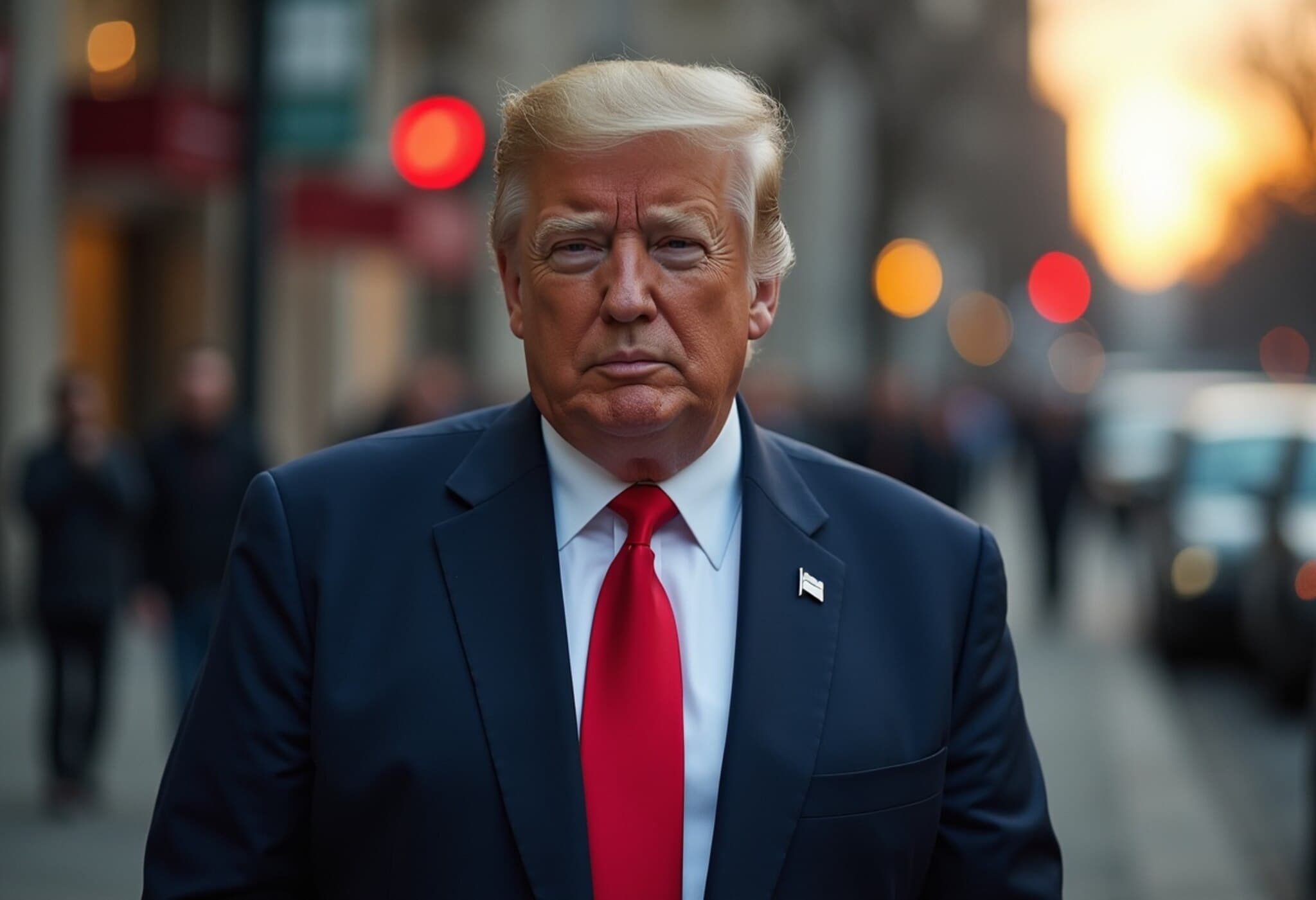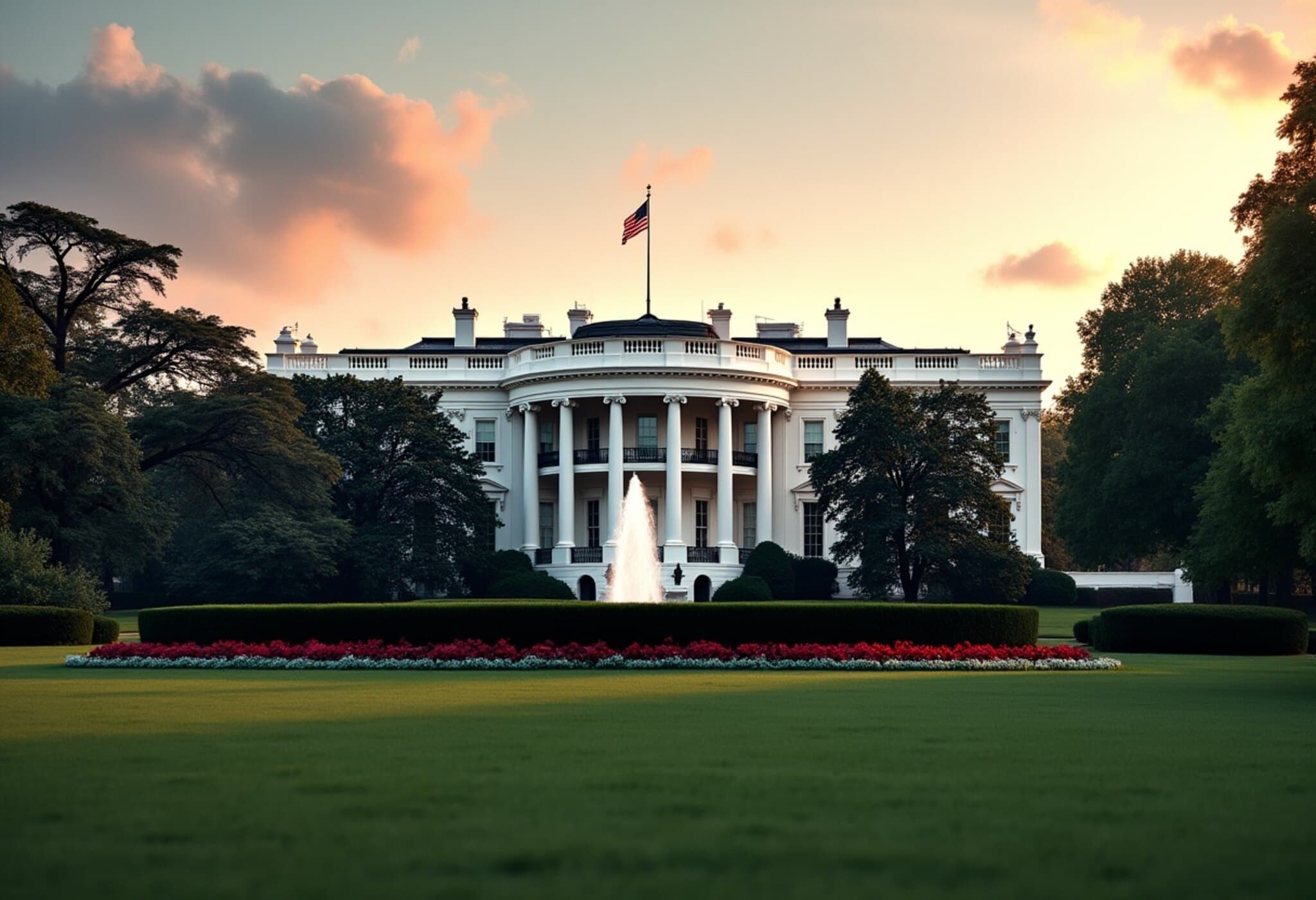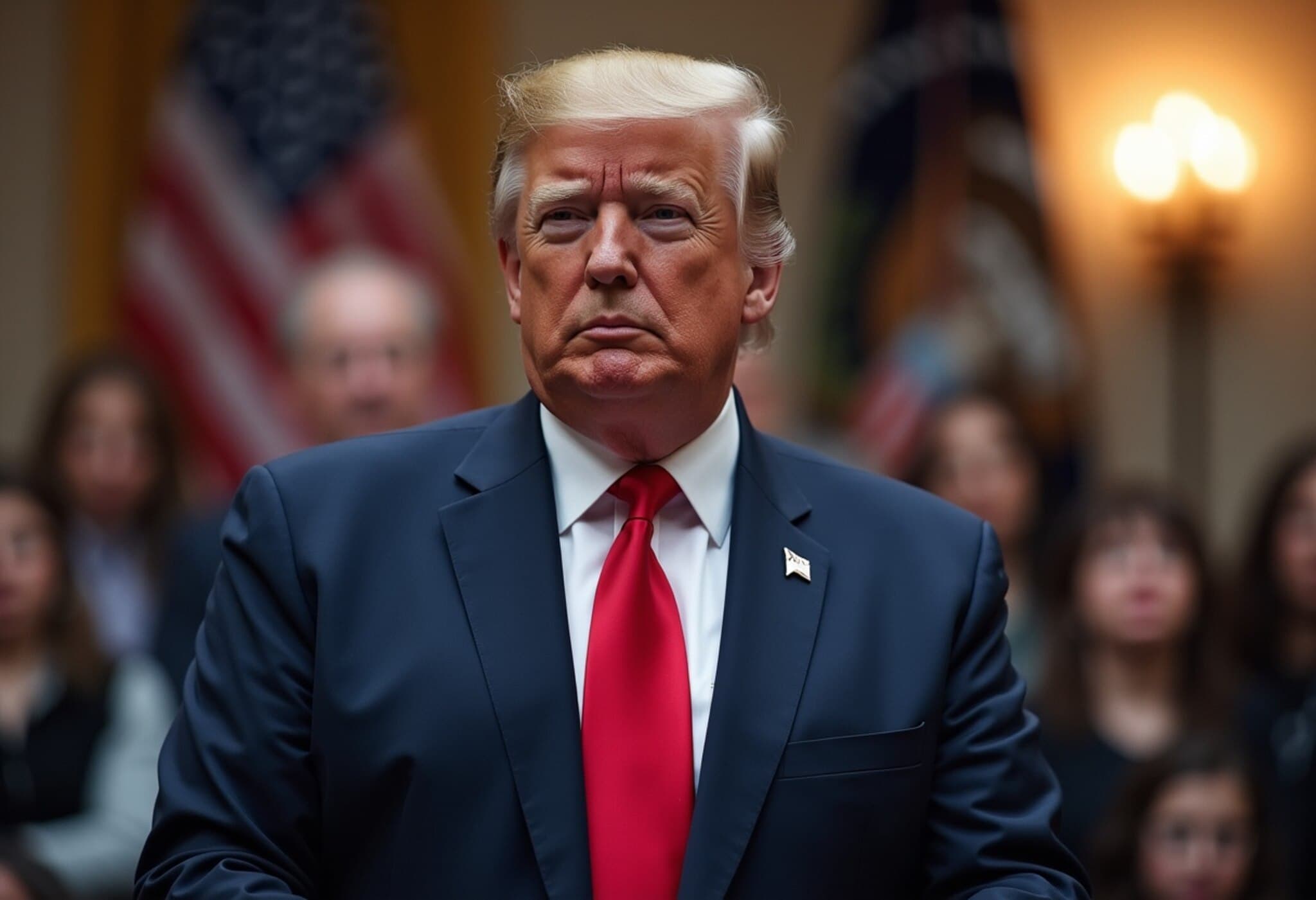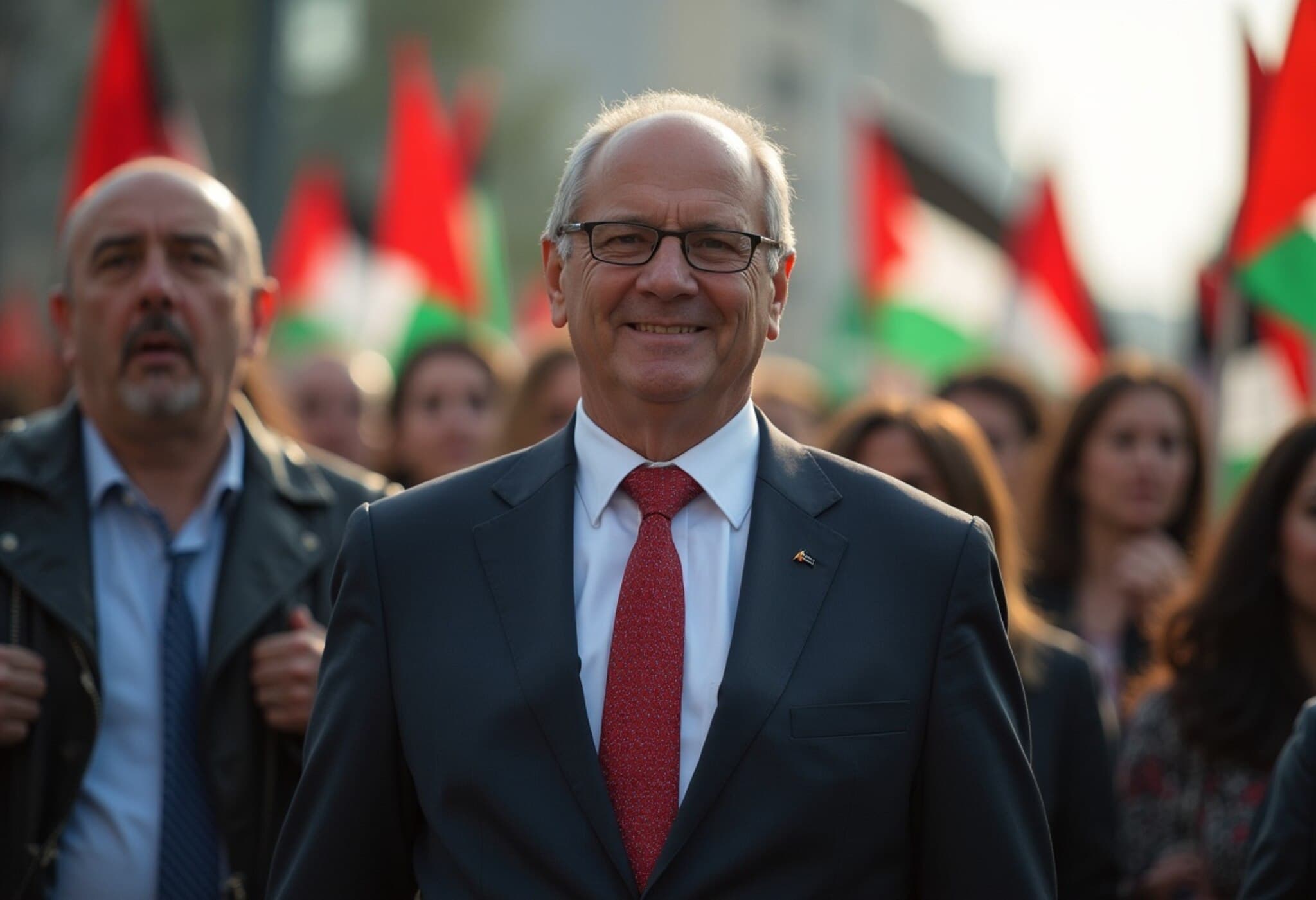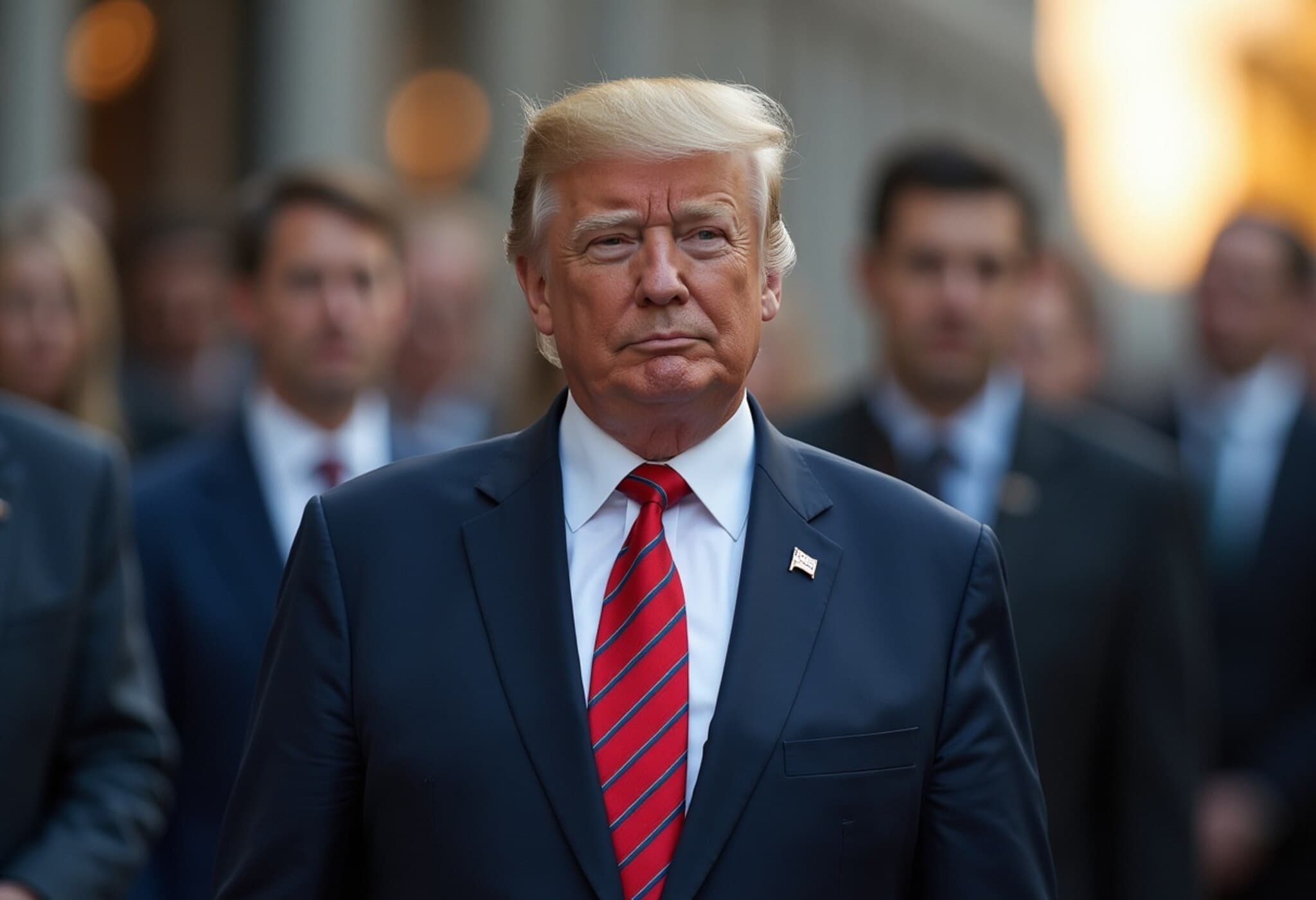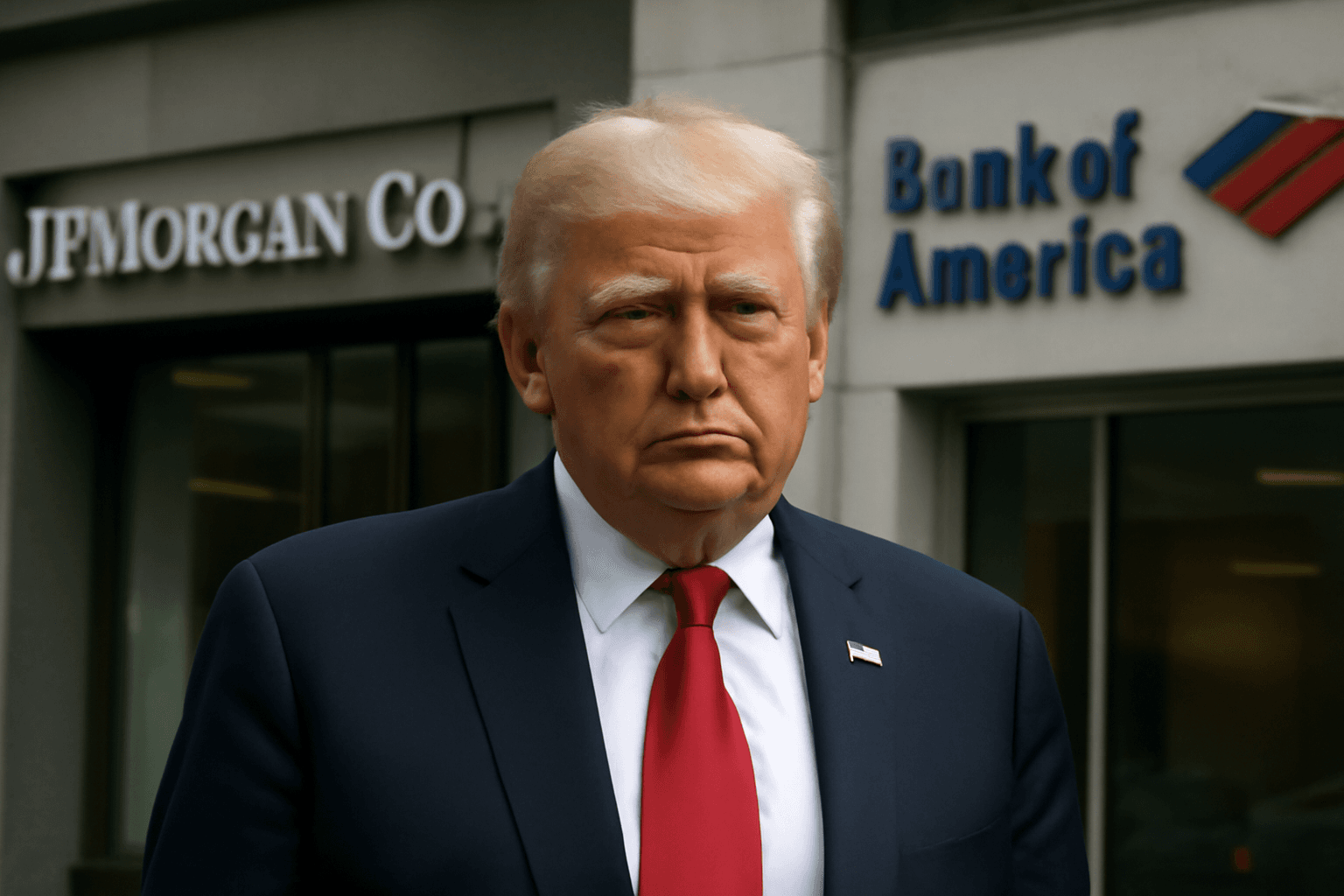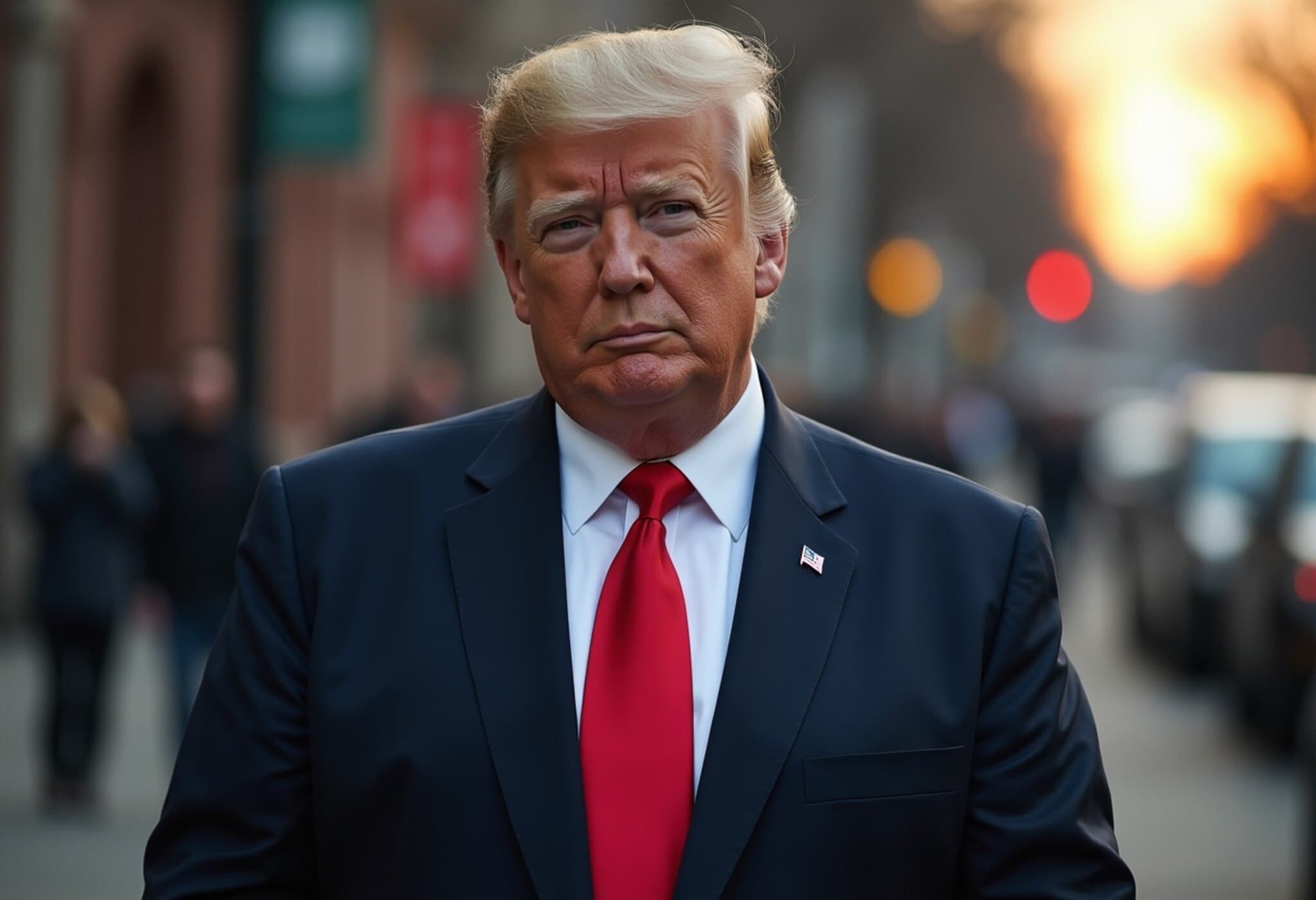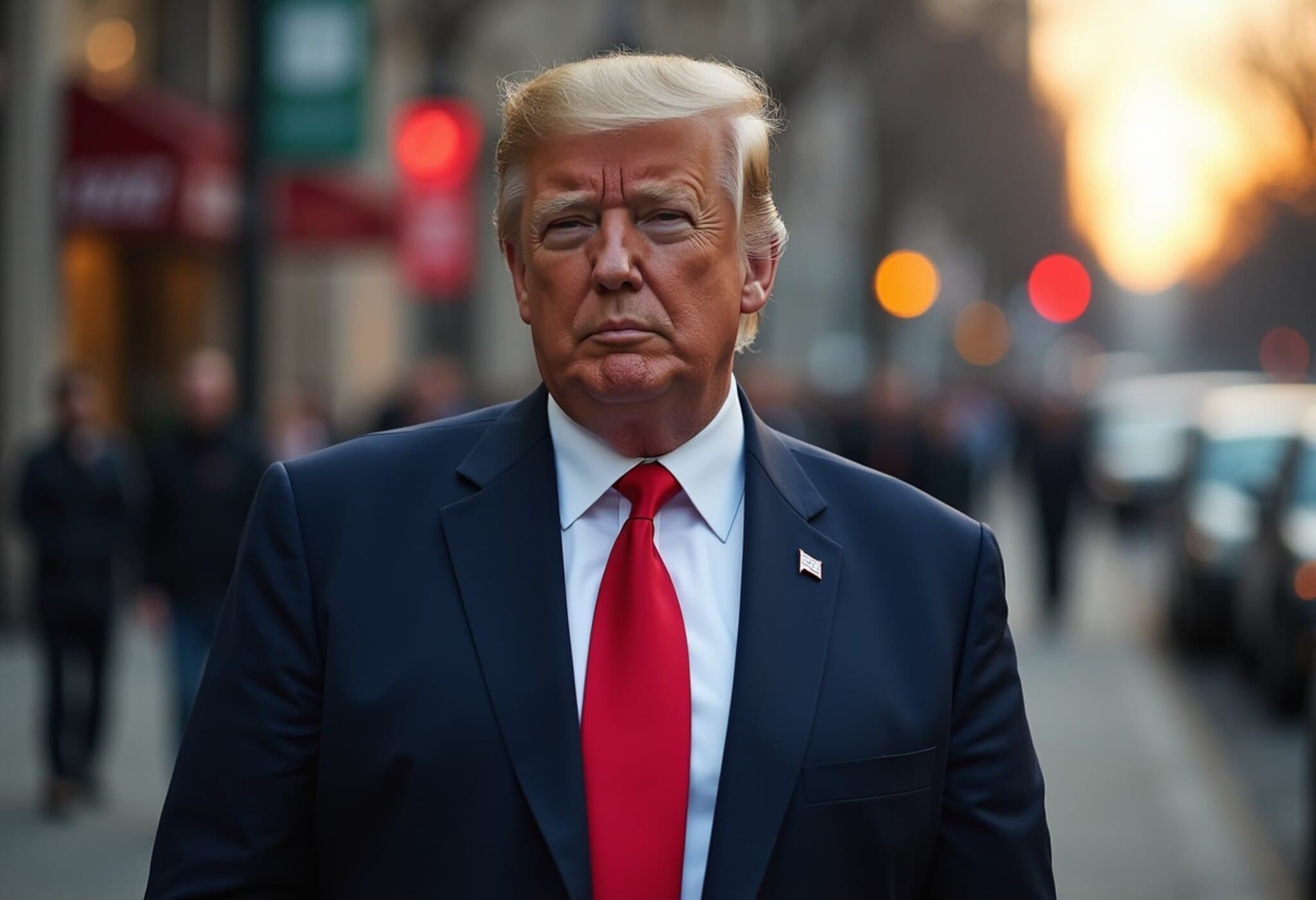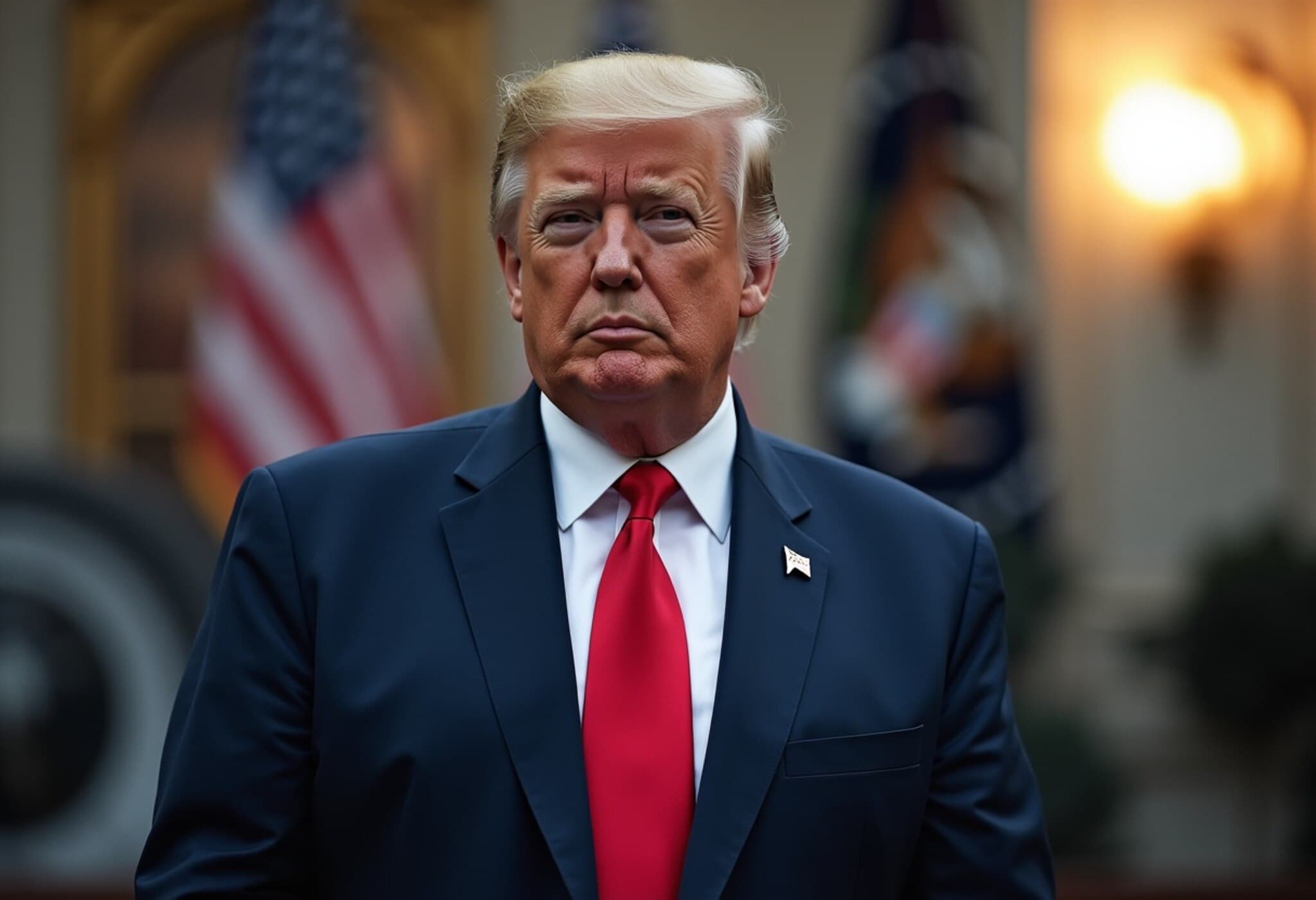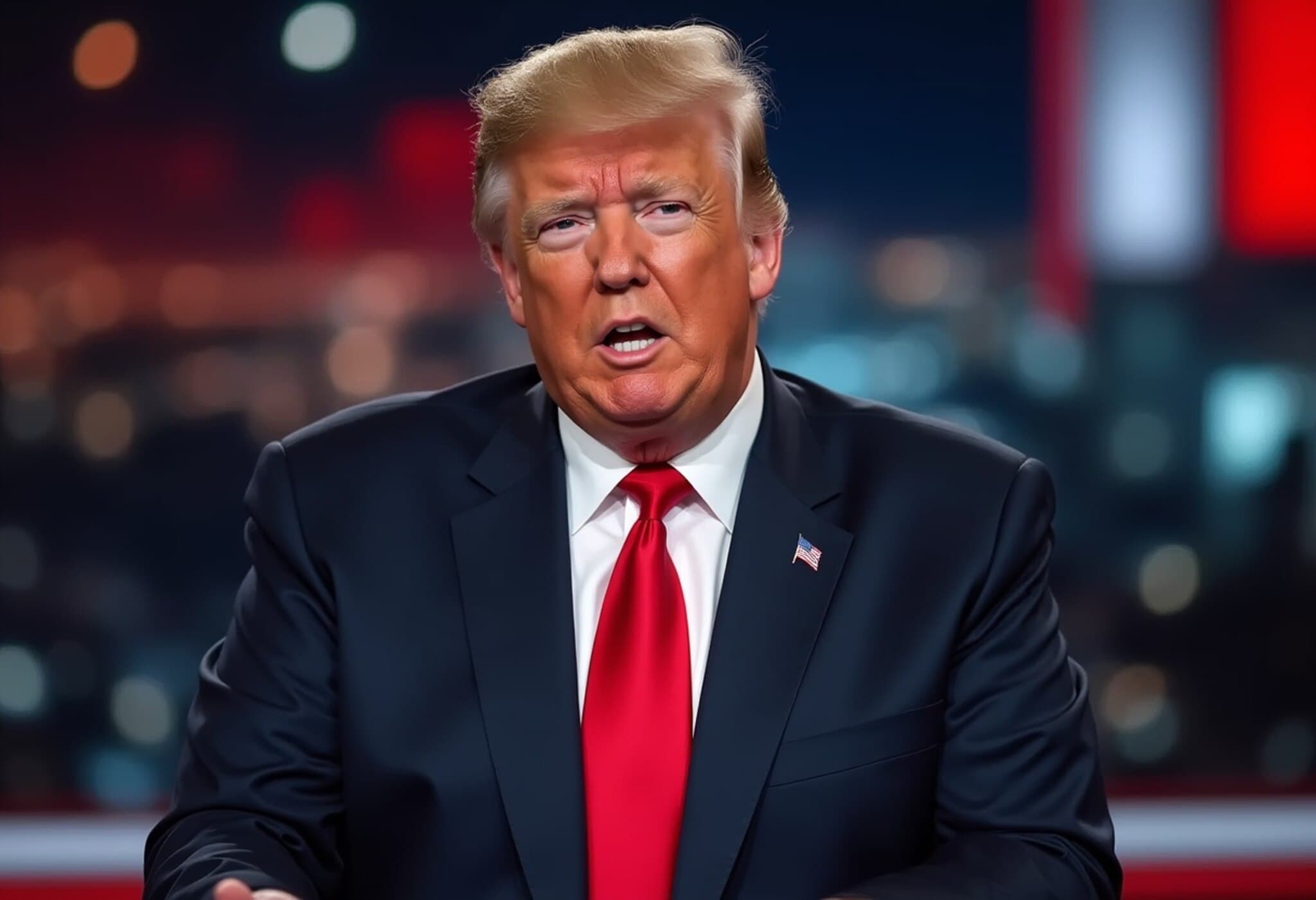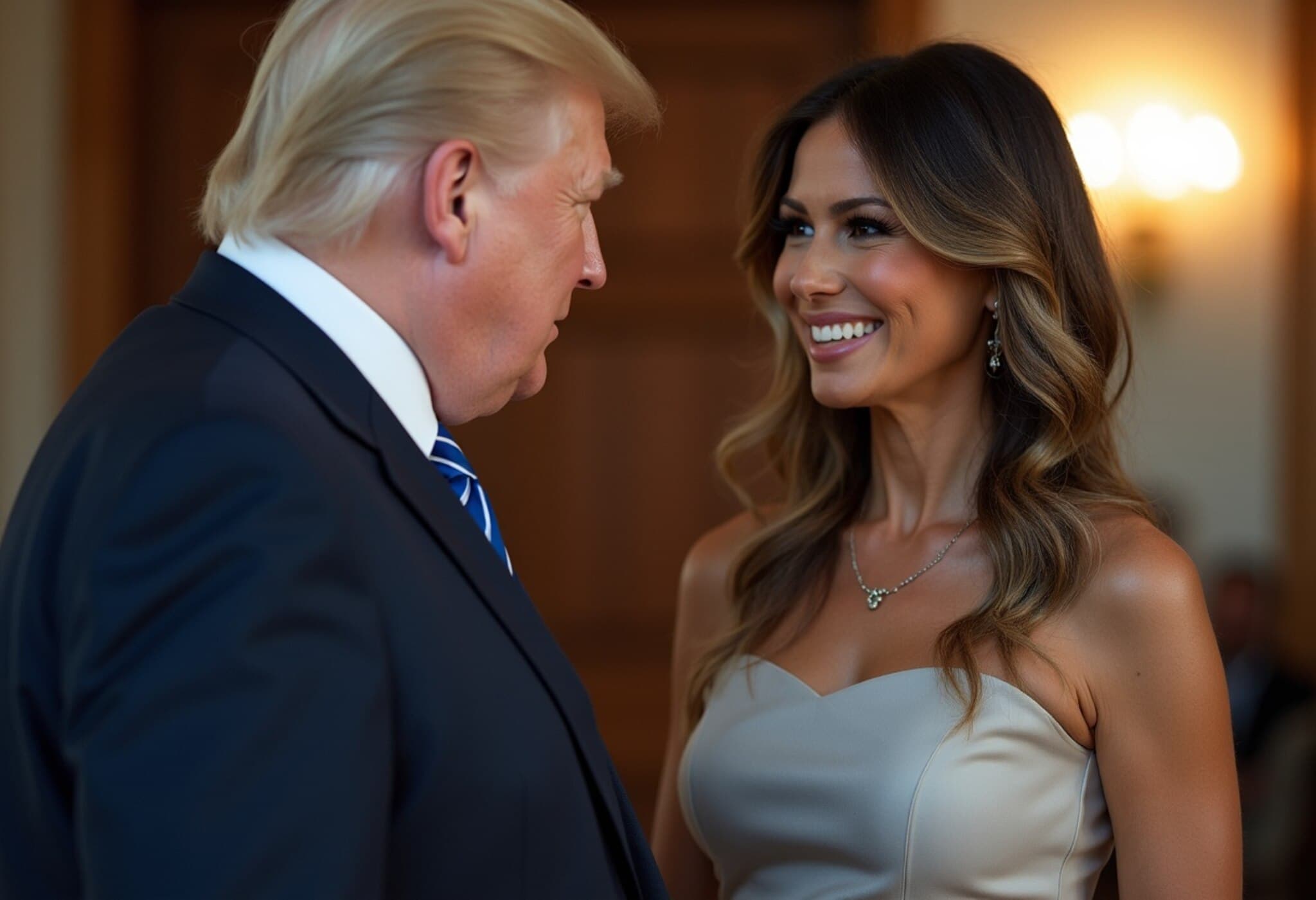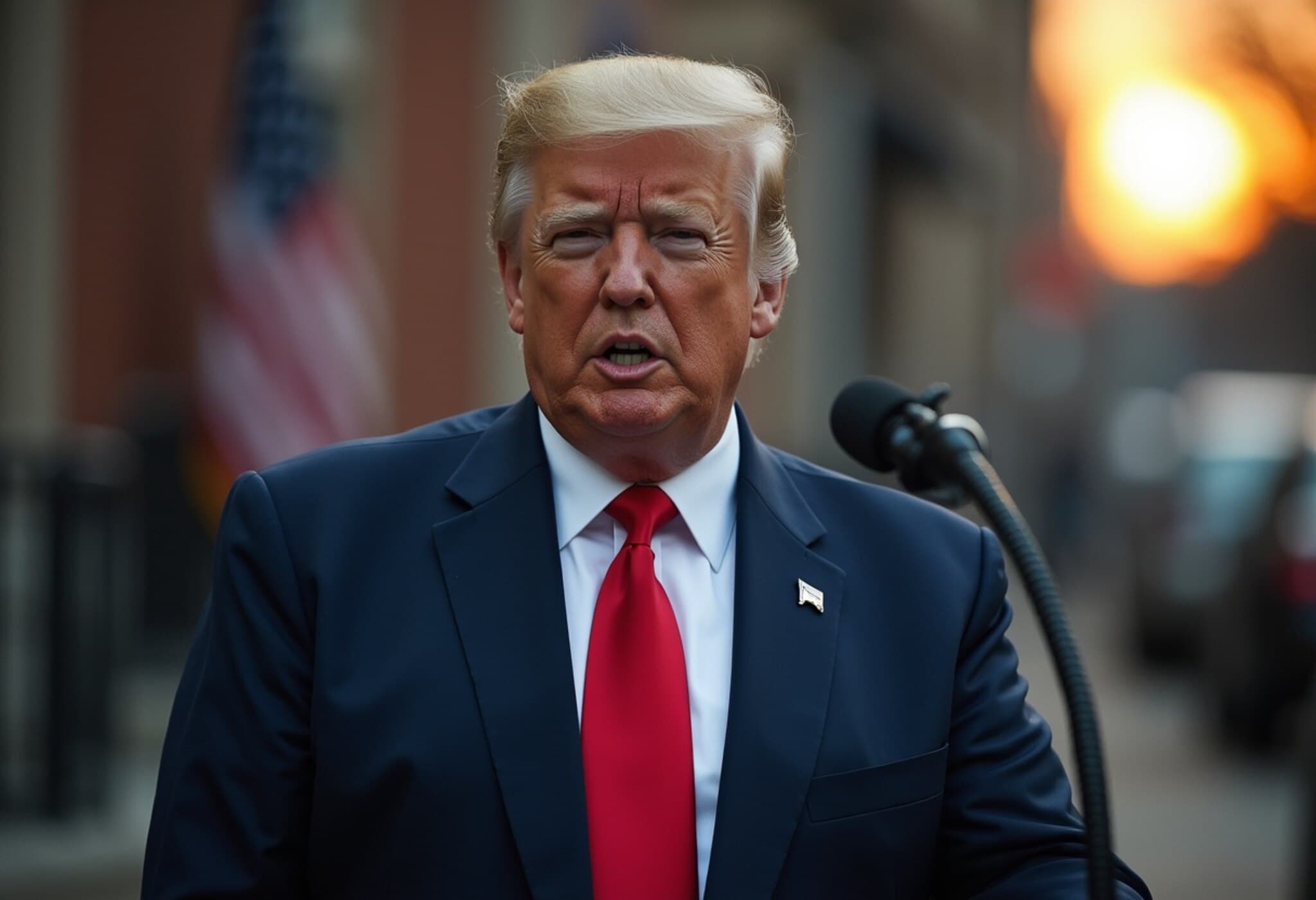In Pursuit of a Singular Truth: Trump’s Authoritarian Instincts
Donald Trump’s recent moves underscore an unsettling reality familiar to observers of autocratic regimes: a leader’s desire to monopolize truth. Long before his latest maneuverings, Trump has shown a compulsion to reshape facts and figures—be it the size of his inauguration crowd or the valuation of his own wealth—whenever inconvenient truths arise.
Firing the National Statistician: A Symptom of a Broader Strategy
In early August 2025, as official figures revealed the weakest U.S. jobs market in five years, Trump swiftly dismissed the national statistician responsible for releasing these sobering employment numbers. Labeling the data “rigged” to undermine his administration, Trump’s decision signals a politically motivated move to install a more loyal figure who will deliver narratives favorable to him—rather than objective economic assessments.
This act is emblematic of Trump’s preference for controlling the narrative over addressing underlying economic issues directly. Instead of holding responsible those setting monetary policy, such as Federal Reserve Chair Jerome Powell, Trump chose to silence the messenger rather than confront the message.
Powell vs. Trump: The Battle Over Economic Policy and Credibility
Since the beginning of his term, Trump has engaged in a relentless campaign against Powell, urging aggressive interest rate cuts to stimulate growth—policy advice Powell resisted to maintain inflation control. Despite Trump's personal attacks and derogatory nicknames like “Mr. Too Late,” Powell retained his position due to investor confidence and his standing on Wall Street.
The deteriorating jobs report provided Trump with a convenient justification to pressure economic institutions. Yet, rather than replacing Powell directly—an action fraught with risks to market stability—Trump targeted the statistical narrative, a move demonstrating that controlling public perception takes precedence over managing actual economic outcomes.
“Discourse Control”: The Playbook of Authoritarian Regimes in American Context
Trump’s drive to command the narrative aligns closely with tactics used by authoritarian governments, such as China’s “discourse control” under Xi Jinping. Controlling truth means deterring dissent, undermining expert voices, and propagating a singular worldview.
This strategy manifests domestically in Trump’s confrontations with elite universities, media organizations, and public broadcasters like PBS and NPR. His administration’s appointment of a controversial health secretary known for anti-science positions illustrates a broader assault on institutions that represent expertise and empirical knowledge.
Silencing Truth and Elevating Conspiracy
Trump’s approach extends beyond censorship. Fueled by his former strategist Steve Bannon’s philosophy to “flood the zone with shit,” Trump floods the public discourse with misinformation and conspiracies rather than engaging in reasoned debate. This method exploits the dynamics of social media to perpetuate confusion and doubt.
Notably, Trump’s long history of conspiracy promotion—from the birther movement questioning former President Obama’s birthplace to fifty-plus other theories cataloged on Wikipedia—serves not primarily to convince but to sow mistrust in objective reality and trusted institutions.
The Psychology of Conspiracies and the Erosion of Democratic Deliberation
Philosophers like Jason Stanley and political theorist Hannah Arendt provide insights into why conspiracies resonate. Arendt observed that modern publics often distrust their own senses in favor of the narratives their imaginations accept. Stanley emphasizes that conspiracy theories offer simplistic outlets for complex emotions like fear and resentment, often making their audiences skeptical of evidence and reasoned political debate.
In Trump’s case, conspiracy theories serve to delegitimize facts and institutions, positioning him as the ultimate arbiter of truth—somewhat paradoxically aligning with his social media venture titled Truth Social.
Democracy at Risk in an Era of Manufactured Confusion
The Washington Post famously warns that “democracy dies in darkness.” Yet, Trump and his allies do not aim to darken the public sphere but to flood it with disorienting noise, cultivating a state of public cognitive overload that undermines democratic deliberation. It is a strategy that foments division, erodes consensus, and paves the way for autocratic tendencies.
Steve Bannon’s chilling 2016 prophecy likening the political climate to the tumultuous 1930s—the decade when tyrants gained power—feels ever more prescient as we witness ongoing battles over truth, power, and democracy.
Expert Commentary: Understanding Trump’s Authoritarian Tropes in an American Framework
From a policy analysis standpoint, the politicization of data and erosion of independent truth-telling institutions are tactics that imperil governance transparency and economic stability. The U.S. economy, reliant on trust in data and monetary policy, risks increased volatility if public confidence is undermined by politically motivated meddling.
Moreover, the assault on intellectual institutions and media not only threatens domestic policy discourse but also challenges America’s global standing as a beacon of democracy and rigor.
Key Questions Moving Forward
- How can American institutions safeguard their independence in the face of political interference?
- What mechanisms will ensure that public discourse remains anchored to facts amid an onslaught of misinformation?
- How might social media platforms be held accountable for amplifying disinformation without infringing on free speech?
Editor’s Note
Donald Trump’s maneuvers to appoint loyalists as arbiters of ‘truth’ echo authoritarian strategies that prioritize controlling narratives over governing effectively. This poses deeper questions about the resilience of democratic institutions in the United States, especially amid rising political polarization and a fractured information environment. How America navigates the tension between political messaging and empirical reality will shape its democratic health for years to come.
Peter Hartcher is international editor with extensive experience analyzing global political trends and democratic challenges.

